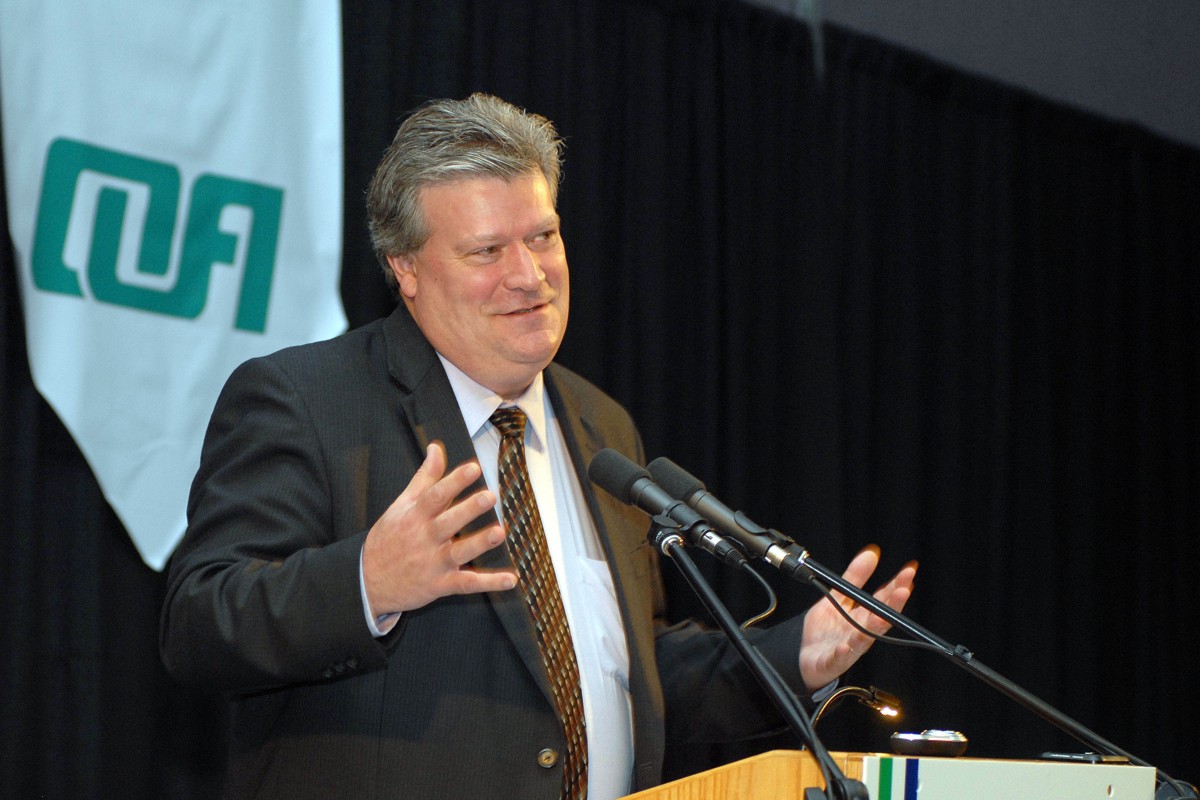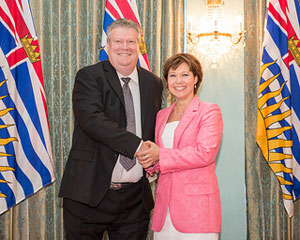MALAHAT LNG PROPOSAL RAISES PRE-CONFEDERATION TREATY RIGHTS AND CONSENT CONCERNS
Written by Doug White
The Malahat First Nation and its
partner Steelhead LNG announced on August 20th, 2015, a proposal to
build a floating liquefied natural gas plant in Saanich Inlet at
Bamberton along with an underwater supply pipeline across the Salish Sea
that would cross both American and Canadian waters. Steelhead LNG has
also been working toward another major LNG project with the Huu-ay-aht
First Nation on the west coast of Vancouver Island at Sarita Bay on the
waters of Barclay Sound and toward the entrance to Alberni Inlet. Just
weeks after the Malahat LNG announcement, on October 3, 2015, the
National Energy Board approved a 25-year licence for the annual export
of up to six million tonnes of LNG from the Malahat LNG project.
Based
on reported negative reactions from within the Malahat First Nation
itself and from neighbouring First Nations, it became immediately clear
that the Malahat First Nation had not engaged with or secured consent
from them. Further, the NEB export licences were apparently issued
without any notice or engagement with First Nations around Saanich
Inlet. The proposal raises serious questions about the Pre-Confederation
Treaty rights of the respective First Nations and the duty to secure
consent for proposals that would interfere with those rights.
For
over a century First Nations have watched with little say over land use
decisions and the location of major projects that have had major
impacts on their territories, rights and way of life. However, at the
outset of the relationship between settlers and Indigenous Peoples on
Vancouver Island, a very different relationship was created through the
14 Pre-Confederation Treaties commonly referred to as Douglas Treaties.
These Treaties, and the legal principles and understandings that arose
out of them starting in the early 1960s, granted recognition and respect
of the Aboriginal Title interest to village sites and protection for
the Indigenous way of life including hunting and fishing. Regarding the
Treaties impact on provincial Crown jurisdiction, from White and Bob
(SCC 1965) through Morris and Olsen (2006), it has been made clear to
the provincial Crown that their jurisdiction and authority is limited
and ousted by the need to protect the continuity of the rights set out
in the Treaties. The federal government, for its part, must respect and
uphold the treaty rights, is constrained by a fiduciary duty to
safeguard the treaty protected rights, as well as a duty to diligently
pursue the fulfillment of its constitutional obligations. Similar rights
exist on the American side of the Salish Sea through the Stevens
Treaties which led to the famous Boldt decision from the 1970s where the
federal government sued the state government of Washington to uphold
and protect the treaty rights to fish of their Indigenous treaty
partners.......
Premier Christy Clark remains
committed to LNG, notwithstanding the total collapse of global energy
economics over the past year and a half. She has built her government’s
political and economic agenda around its success and has encouraged a
gold rush mentality and speculative approach to LNG development across
the province.
However, oil was valued well over $100/barrel in the
summer of 2014 and in recent months it has been below $30/barrel and the
price of much of the LNG market is indexed to the price of oil so this
sudden drastic drop severely challenges LNG economics and its enormous
capital costs for building plants and pipelines.
While economic and political dynamics appear to be deeply unsettled around this proposal, what is clear in all of this is the need to approach decision making about the use of the lands and waters around the Salish Sea in ways that are consistent with the Treaty Rights and Aboriginal Title of the Indigenous Peoples that have called it home for millennia.
Doug White is an elected Councillor in Snuneymuxw First Nation, Director for Pre-Confederation Treaties and Reconciliation at Vancouver Island University.
http://www.saanichinlet.net/blog/2016/2/27/doug-white-the-malahat-lng-story
_________________________
Who is Doug White?
DOUGLAS S. WHITE, B.A., J.D., is a member and former Chief of the Snuneymuxw First Nation in Nanaimo, BC. His Coast Salish name is Kwul’a’sul’tun and his Nuu-chah-nulth name is Tlii’shin. After completing his B.A. in First Nations Studies (with distinction) from Malaspina University-College, he graduated from the Faculty of Law at the University of Victoria in 2006. He was called to the Bar of British Columbia in January 2008. He has been a director of the Indigenous Bar Association of Canada and an associate lawyer at Mandell Pinder. He was the elected Chief of the Snuneymuxw First Nation from December 2009 to February 2014 where a major focus of his work was in relation to the implementation of the Snuneymuxw Treaty of 1854. From June of 2010 to June 2013, he was elected by Chiefs of British Columbia to lead the First Nations Summit as a member of the FNS Task Group.
In that capacity, he advocated for First Nations seeking resolution of outstanding issues with the Crown. In that role, he was also a member of the BC First Nations Leadership Council working on common issues with BC First Nations, particularly the Crown’s duty to consult and accommodate, and advocated on their behalf with the governments of British Columbia, Canada and internationally at the United Nations. He is currently the Director of the Centre for Pre-Confederation Treaties and Reconciliation at Vancouver Island University and practices as a lawyer and negotiator across the country for First Nations governments. He lectures frequently at universities on Indigenous legal issues.
_________________
Please go read the entire article.....
The Straight Goods
Cheers Eyes Wide Open





